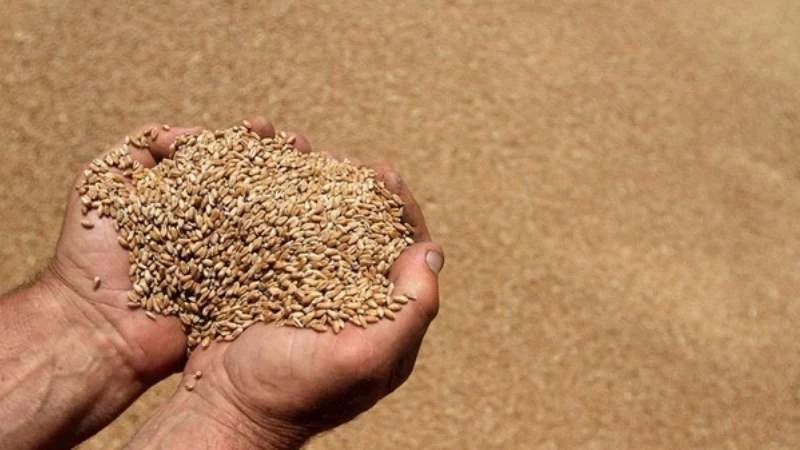The Assad regime imported this summer an unprecedented 1.35 million tonnes of wheat from political ally Russia to ensure supply of the flat loaves that are a staple for the Syrian people.
Before the conflict, Syria was a wheat exporter producing four million tonnes in a good year and able to export 1.5 million tonnes.
Now wheat and bread have become an integral part of the war, with wheat farms, seed distribution, milling and bakeries all affected.
However, Syrians in many parts of the country suffer bread shortages and high prices.
"Sometimes there’s no bread at all. People start to make bread from barley ... It goes on like this for months. People eat cabbage instead - it’s enough to test your faith. Really, people’s situations become miserable," said Mahmoud al Sheikh, a health worker from a besieged part of Damascus.
Al Sheikh, speaking to Reuters by telephone from the capital’s Eastern Ghouta suburb, said earlier in the year his besieged area scarcely saw bread.
The most vulnerable
As of August, 9.4 million Syrians were "food insecure", said Adam Vinaman Yao, deputy Syria representative of the United Nations Food and Agriculture Organization (FAO). This is over half of about 17 million people thought to still live in Syria.
"The prices of basic agriculture products drastically increased thus reducing access by most consumers and especially the most vulnerable strata of the population," Yao said.
Two dry spells, one in December and the other between mid-February and mid-March helped to cut the 2016 crop down from the 2.44 million tonnes in 2015, when most areas had ample rainfall.
In areas where there was rain, like the northeast province of Hasaka which accounts for almost half the country’s wheat production, only 472,000 hectares were planted out of a planned 706,000 hectares due to the security situation, Yao said.
Of the country’s total wheat production this year, only around 400,000 tonnes were procured by the government, a source at the General Organisation for Cereal Processing and Trade (Hoboob), the state body responsible for wheat, said.
Wheat from russia
Hoboob is holding an import tender for one million tonnes of Russian wheat with a deadline of Sept. 19 and has already purchased 350,000 tonnes of Russian wheat, a reflection of the country’s pressing import needs.
Syria’s bread-basket provinces of Hasaka, Raqqa and Deir al-Zor, which account for nearly 70 percent of total wheat production, are outside regime control.
In areas controlled by rebel groups, excluding ISIS and the Kurdish YPG, 500,000 tonnes of wheat was produced before war erupted.
"But in this 2016 season it is very, very low and does not exceed 100,000 tonnes. This is because of many reasons, the most important being the war raging in these areas," said Hasan al-Muhammad, head of the wheat agency run by the Syrian Interim Government opposition and also called Hoboob.
The opposition interim government, allied with the main opposition political body the Turkey-based Syria National Coalition, carries out technical and administrative functions of government from within opposition-held Syria.
Bakeries are also hard hit by the crisis in wheat output.
"We mostly depend on aid in the form of flour given to us by (aid) groups or by getting flour on the black market," said Abu Karam, manager of a public bakery recently hit by an air strike in rebel-held Idlib.
Abu Karam’s bakery can afford to sell a one kg packet of loaves for 50 Syrian pounds (10 U.S. cents) because of free flour from aid groups. Without this, the same batch would cost at least 200 pounds.
Abu Karam stressed the importance of affordable bread.
"The situation in Syria is getting worse and worse ... citizens cannot secure their daily sustenance; so they depend on bread at all times," Abu Karam said.
"They eat it with nothing other than simple things like olive oil or tomatoes. All families, poor and rich, eat bread morning, noon and night."



التعليقات (0)